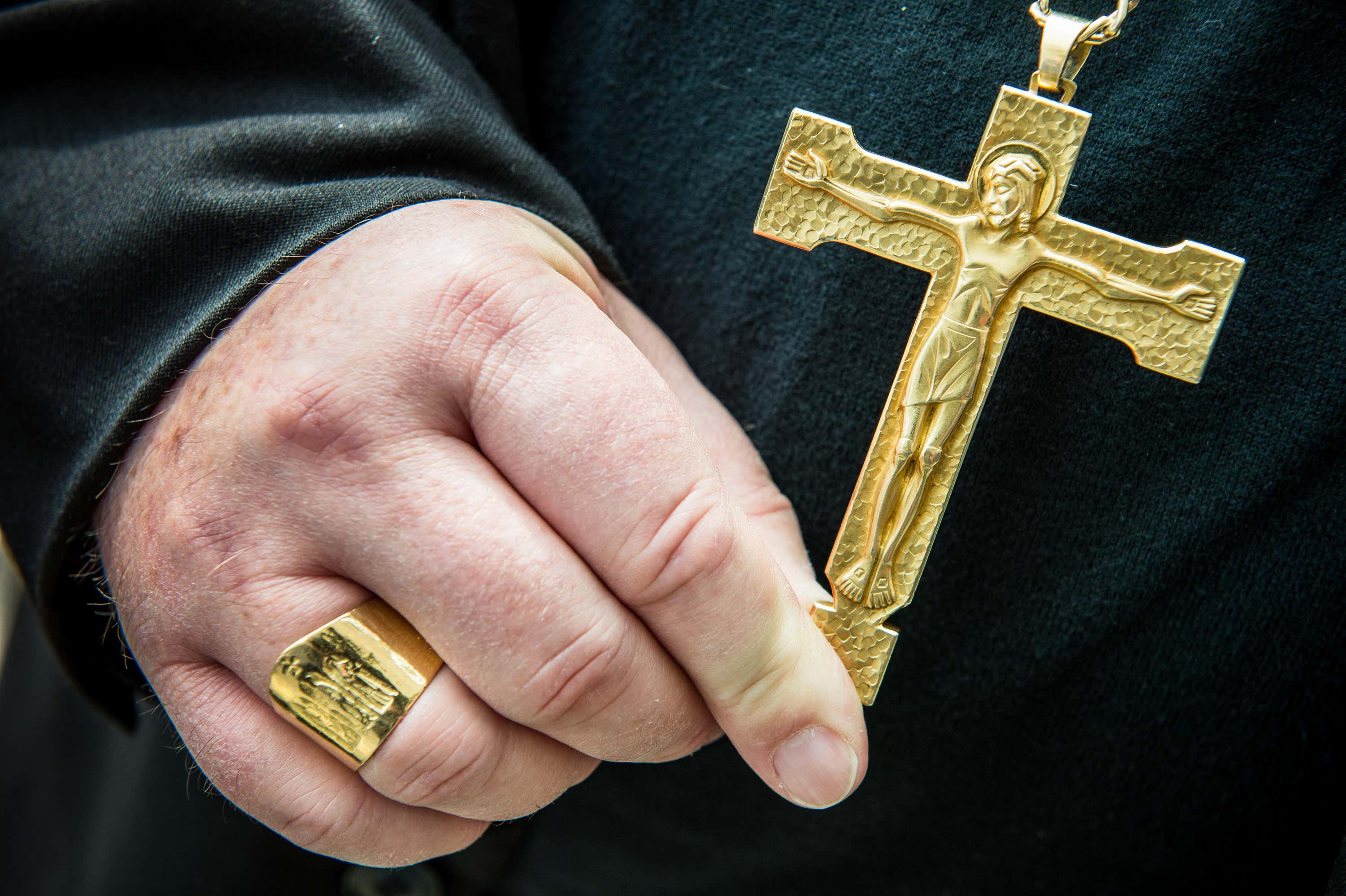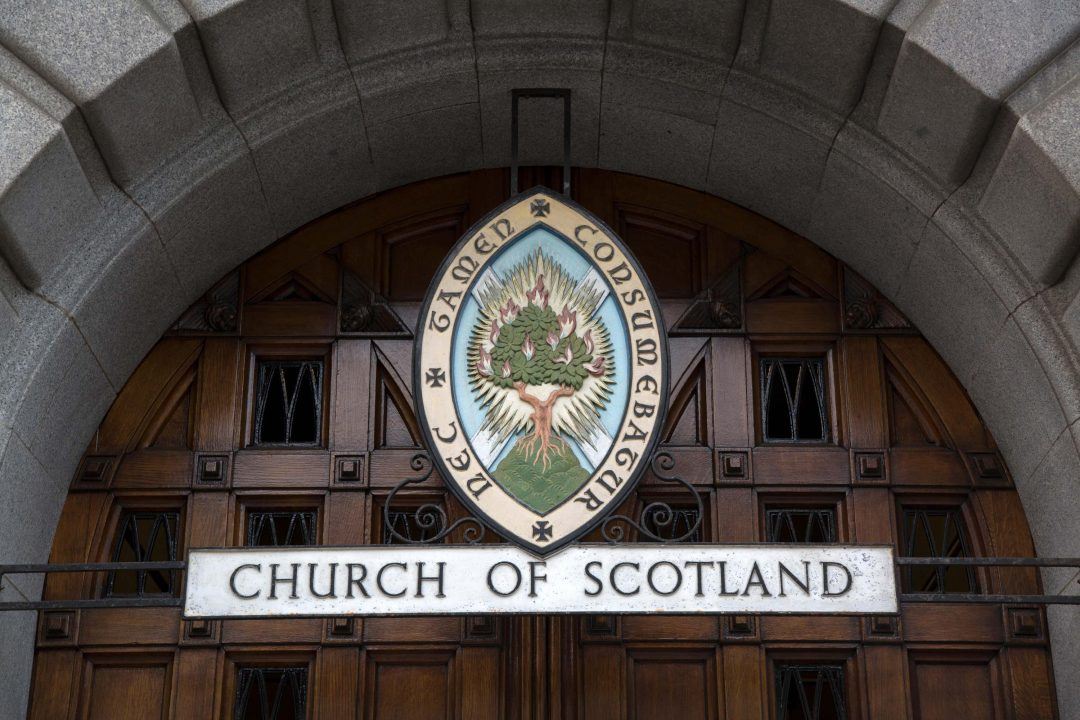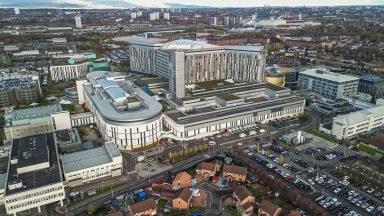The Church of Scotland should say sorry for its connections with the transatlantic slave trade, a report has recommended.
The report revealed some of the church’s ministers and elders historically inherited wealth made on plantations, some members received money from plantation owners, and that the organisation is the custodian of a multimillion-pound fund which can be connected to compensation paid out to a family when slavery was abolished.
The church said the report recommended that “a statement of acknowledgment and apology should be brought to a future General Assembly”, and a dedicated page about the church’s connections to the slave trade should be put on its website.
Commissioners, the report said, will be asked to “endorse a call for a commitment to becoming an anti-racist church and to encourage congregations and presbyteries to continue to engage with the topics of historic slavery and racial justice”.
Other recommendations include commissioning an artwork to “help congregations start conversations about the legacy of slavery”, and supporting a new scholarship in partnership with a Scottish university which should be open to students including those linked with partner churches in Africa and the Caribbean.
The General Assembly of the Church of Scotland will meet between May 20 and 25.
The Faith Impact Forum, through the Legacies of Slavery Group, spent 18 months compiling the report after being commissioned by the church.
The research covered a 131-year period between the Act of Union in 1707 and the when Britain abolished slavery in the late 1830s.
Church buildings were examined to note any physical evidence of connections to slavery, such as memorial stones, inscriptions and stained-glass windows dedicated to slavers.
They forum also worked to uncover the ways the church may have benefitted from slavery, financially or otherwise.
The research said Scotland and the Caribbean were closely connected through slavery and it had long lasting consequences.
“We have learned that stories of slavery and abolition are often nuanced and not always clear cut,” the report said.
“For example, we note that one of the most visually recognisable proponents of abolition, Dr Robert Walker (the Skating Minister), who led the Presbytery of Edinburgh to petition parliament in 1788, was also named eight years previous in 1780 as the residuary heir of the estate of his brother John Walker, a merchant operating in St Lucia.
“We are also mindful of the number of ‘sons of the manse’ who profited, some significantly, from the enslavement of their fellow humans, whilst also recognising the commendable campaigns of many Presbyteries and Synods as part of the abolition movement.
“In many cases we do not see clearly defined direct relationships between slave ownership and the Church of Scotland, although slavery related connections between Scotland and the Caribbean clearly abound.
 PA Media
PA Media“We have learned that there is architectural evidence of connections to slavery within some of our church buildings, although it is not believed to be as widespread as first thought.
“There are some examples where the church or ministers can be seen to have benefitted directly from the profits of slavery.
“What we do see are many instances where money was left to ministers and kirk sessions to distribute amongst the parish or to be used for philanthropic causes.”
The report said some Scots who made financial and social gains from enslavement left a portion of their money for philanthropic purposes such as caring for the poor.
“This raises important questions regarding the origins of money from which many people in Scotland, including the church, benefitted,” it said.
“If the church is committed to seeking racial justice then we must seek to acknowledge the origins of such funds that the church either received for its own use, or distributed for others.”
The British government paid £20 million to slave owners in compensation when slavery was abolished across most of the empire in 1833.
Follow STV News on WhatsApp
Scan the QR code on your mobile device for all the latest news from around the country


 PA Media
PA Media


























